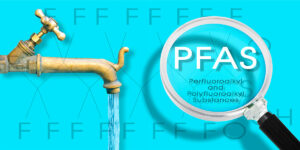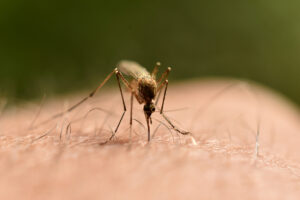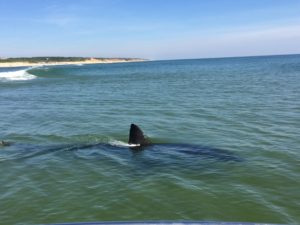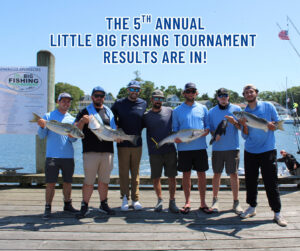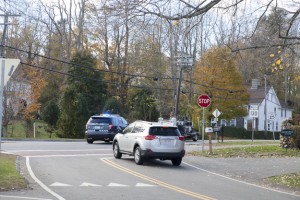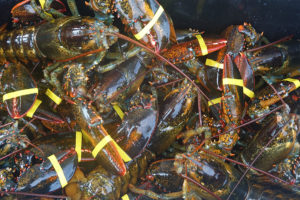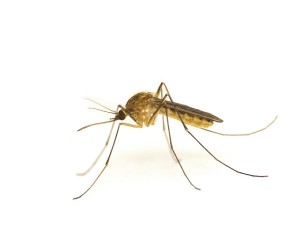
BARNSTABLE – Eastern Equine Encephalitis samples have been found across Massachusetts in recent days, and experts are reminding residents to be vigilant and aware.
Commonly known as EEE, it is a rare but serious disease that is typically transmitted through mosquito bites. The disease can be fatal. Twelve human cases were confirmed within the state last year and there were six deaths.
Gabbi Sakolsky with the Cape Cod Mosquito Control Project said that two of these recent positive samples were found in Wareham.
As EEE samples and cases rose at this time last year, Sakolsky provided mosquito prevention tips. Peak mosquito biting hours–between dusk and dawn–should be avoided, and long sleeves and pants should be worn when possible.
“I know it’s warm out there some of these nights, and if you can’t wear long sleeves or long pants, then you should be choosing a repellent that is an EPA-registered repellent,” Sakolsky said.
“That will be right on the repellent’s label.”
Mosquito surveillance has been expanded this year to involve many local areas where EEE could potentially be found, Sakolsky said, and to this point no EEE samples have been confirmed on the Cape by the state.
“We have traps set up all around the Cape to do surveillance,” she said, “and we’re collecting on a weekly basis and submitting those mosquitoes to the state lab for testing.”
In addition, Sakolsky recommends draining any standing water in and around homes as a way to limit the presence of mosquitoes. Screens for windows and doors should also be repaired or installed.
The Massachusetts Department of Agricultural Resources, State Reclamation and Mosquito Control Board, and the Massachusetts Department of Public Health, has announced that aerial spraying for mosquitoes in specific areas of Southeastern Massachusetts is expected to begin on Monday, August 10, and continue over several evenings.
The ability to spray is weather dependent and the schedule may change.
The communities in the spray zone include Carver, Mattapoisett, Plymouth, and Wareham among others.
The exact locations where spraying will occur are subject to change, and the final spray map for each day of spraying will be available each morning ahead of the spray operations.
The SRMCB with the assistance of MDAR will conduct and monitor aerial spraying.
Residents are encouraged to visit the Massachusetts Aerial Mosquito Spray Map webpage for the latest updates on spraying in their communities.
Officials will continue to monitor the area over the next two weeks and may conduct a second round of spraying to achieve maximal effectiveness.
There are no health risks expected during or after spraying.
No special precautions are recommended; however, residents can reduce exposure by staying indoors during spraying.
Aerial spraying is not expected to have any impacts on surface water or drinking water.
Aerial spraying will be conducted in the nighttime hours when fish are less likely to be at the surface feeding and honeybees are most likely to be in their hives.
However, owners should cover small ornamental fishponds during the night of spraying.
While it is not necessary to bring animals indoors during spraying, keeping pets inside will minimize the risk of exposure.
Although the aerial spray is considered necessary to reduce human risk, it will not eliminate it.
For other updates about EEE in Massachusetts, click here.




